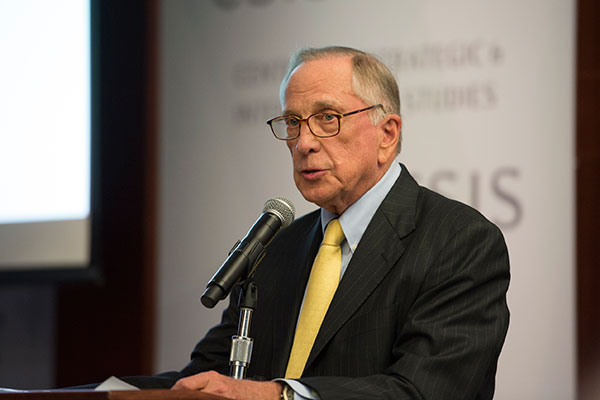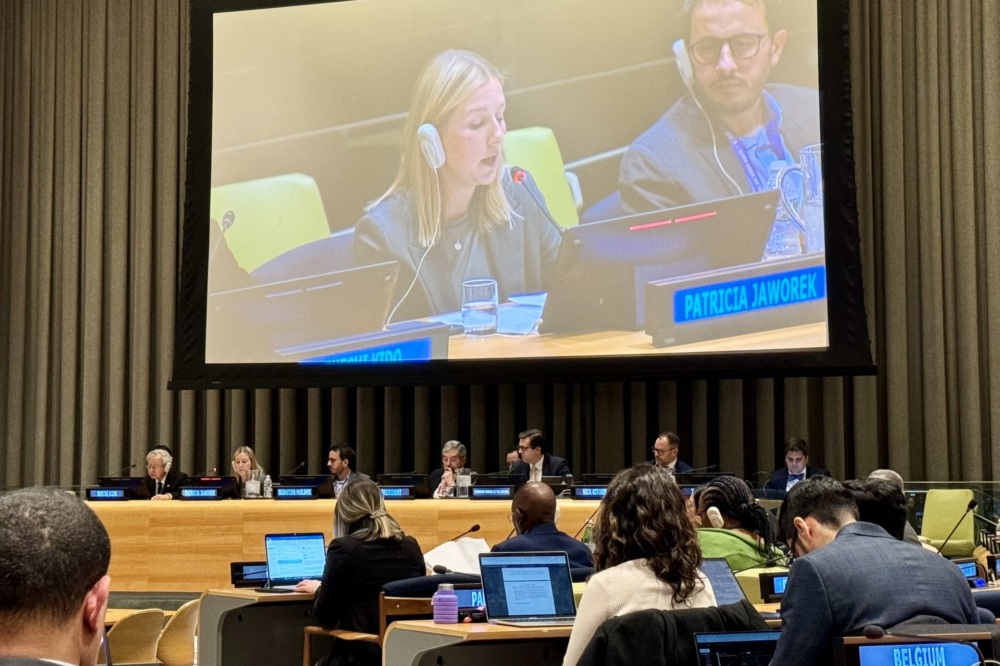“India’s Integration into an Expanded Nonproliferation System”
The Working Group on an Expanded Nonproliferation System Seeks to Increase Indian participation in the Nonproliferation System
Ten years ago here in Vienna, I was proud to join
IAEA Director General ElBaradei, U.S. Secretary of Energy Sam Bodman,
Ambassador Johansen of Norway, and INMM President Nancy Jo Nicholas. We were gathered
to announce an initiative aimed at ensuring that the world can continue to
enjoy the great benefits of nuclear energy while defending against its potential
dangers. We called it the World Institute for Nuclear Security or WINS.
In developing the WINS concept, NTI partnered with
INMM and the U.S. Department of Energy. WINS would not have happened without
the leadership of Secretary Bodman and Will Tobey. Will was then a leader in
the Energy Department’s National Nuclear Security Administration. We at NTI
were deeply saddened by Secretary Bodman’s recent death and are grateful for
his exceptional public service. I know that this audience and all WINS members
join me in thanking Will Tobey for his continued dedication and outstanding
service as chair of the WINS Board of Directors.
I would like to add thanks to our friend Charlie
Curtis who was president of NTI in 2008 and championed the WINS idea from the
very beginning. Charlie could not be here today, but he served as the founding
chair of the WINS Board and continues to be a dedicated and trusted advisor.
I also applaud Corey Hinderstein, Joyce Connery and
Jim Tape, three leaders who played a decisive role and made WINS possible. And,
of course, praise must go to the real heroes—Roger Howsley and the WINS staff—past
and current. WINS has a blue-ribbon international team energized by a “start-up
spirit” and dedicated to this crucial mission.
To put WINS’ 10th birthday in perspective,
I will briefly address three key questions:
Why was WINS needed?
Three reasons:
Our goal ten years ago was for every institution
responsible for nuclear and radioactive material to join this organization—to
share what they know and to learn from others.
It was a bold and ambitious strategy for an NGO. Today,
10 years later, Winston Churchill’s quote comes to mind: “No matter how
brilliant the strategy, occasionally we must look at the results.”
So what has WINS
accomplished?
Under Roger Howsley’s brilliant leadership, WINS has
brought together nuclear security experts, the nuclear industry, governments,
and international organizations to focus on rapid and sustainable improvements
in security of weapons-usable nuclear materials as well as radioactive
materials.
It is important to point out that WINS’ mission complements
the essential regulatory work by governments and the authoritative guidance
provided by the IAEA.
A few facts to consider:
Bottom line: WINS has done exactly what it was set up
to do – and much more.
Why do we still
need WINS?
My perspective:
In closing,
WINS is robust, effective and growing. It is independent and, with your
continued help, sustainable. As this crowd knows well, WINS must have resources
to sustain and build its programs and to meet evolving nuclear security
challenges.
This is not a fundraiser and you don’t need to grab
your wallets. But in case there is a prospective donor, Roger Howsley and Will
Tobey have authorized me to share with you what the pastor of my hometown
church often told our congregation: “The Lord loves a cheerful giver, but we will
also take money from a grouch!” Thank
you.
Sign up for our newsletter to get the latest on nuclear and biological threats.
The Working Group on an Expanded Nonproliferation System Seeks to Increase Indian participation in the Nonproliferation System
NTI Program Officer Patricia Jaworek joined a panel discussion on the devastating humanitarian effects of nuclear weapons and shared her research on the subject.
The paper highlights the need for renewed attention to the catastrophic effects of nuclear conflict as a crucial step toward reducing the risk of nuclear use.


